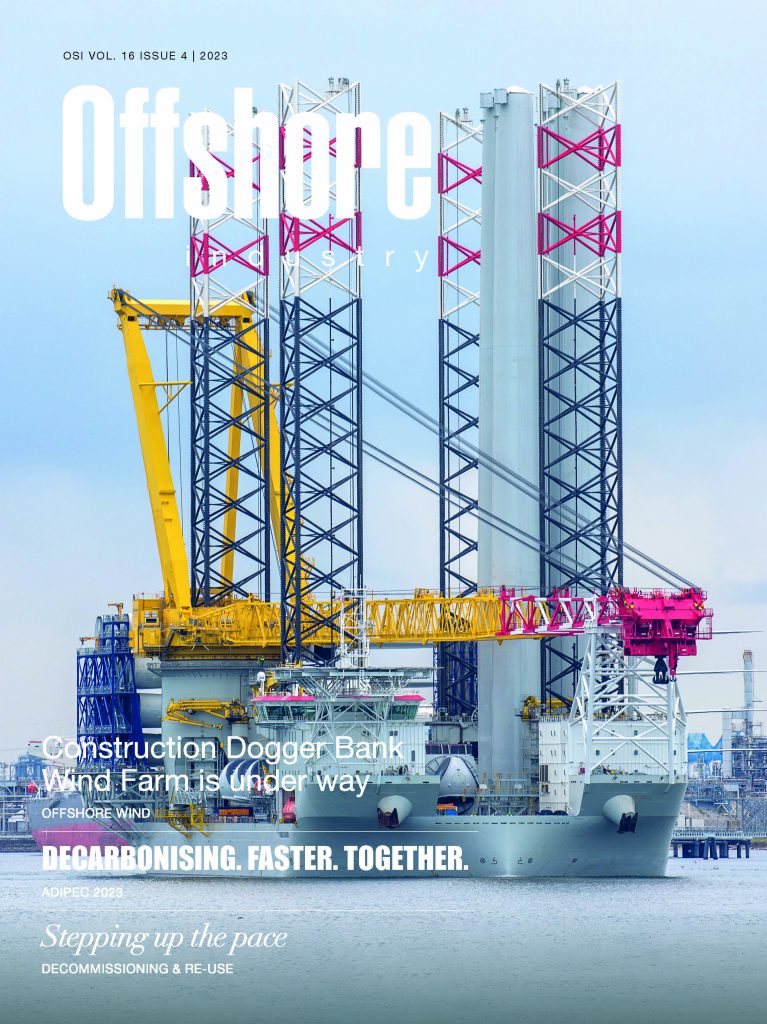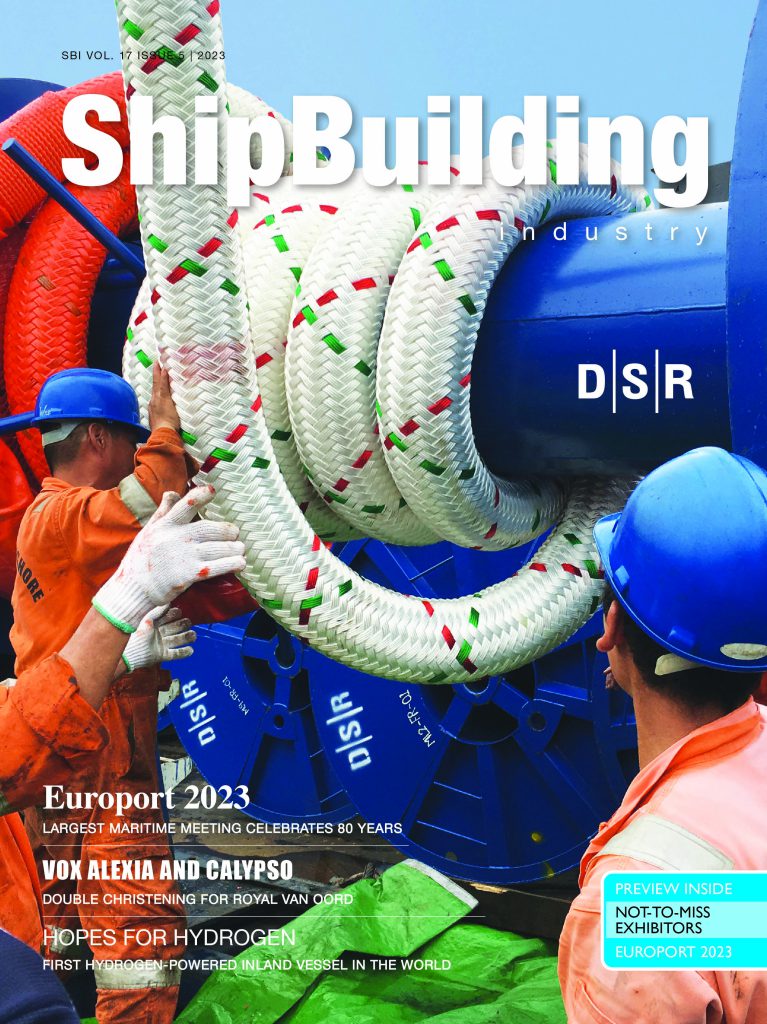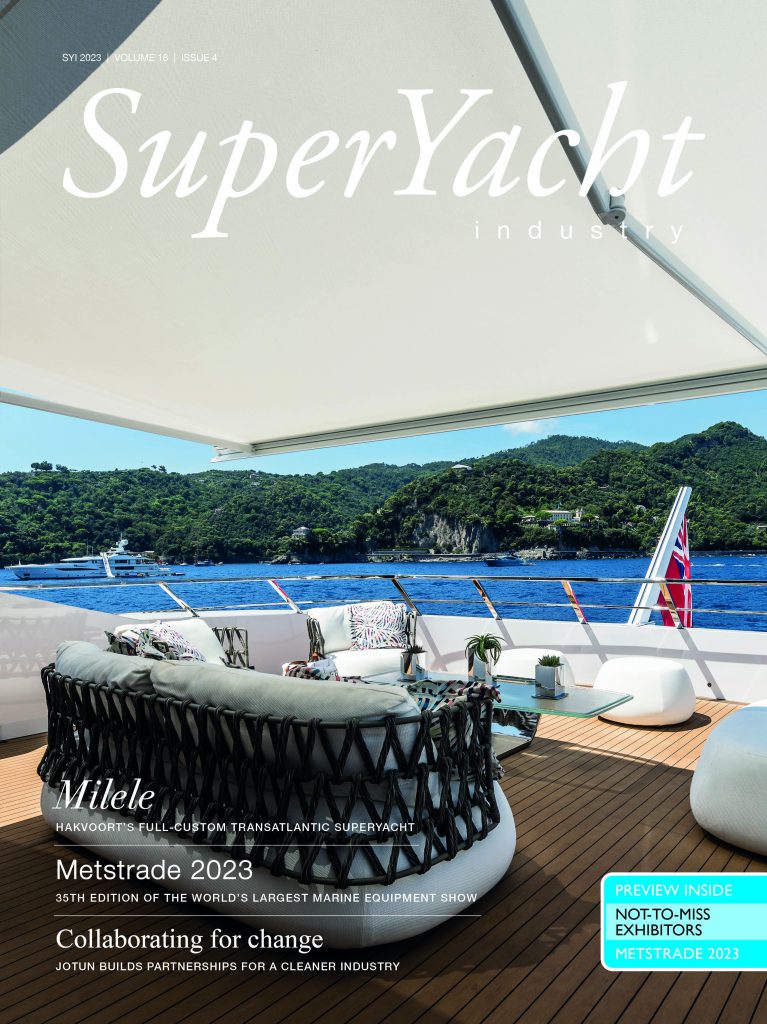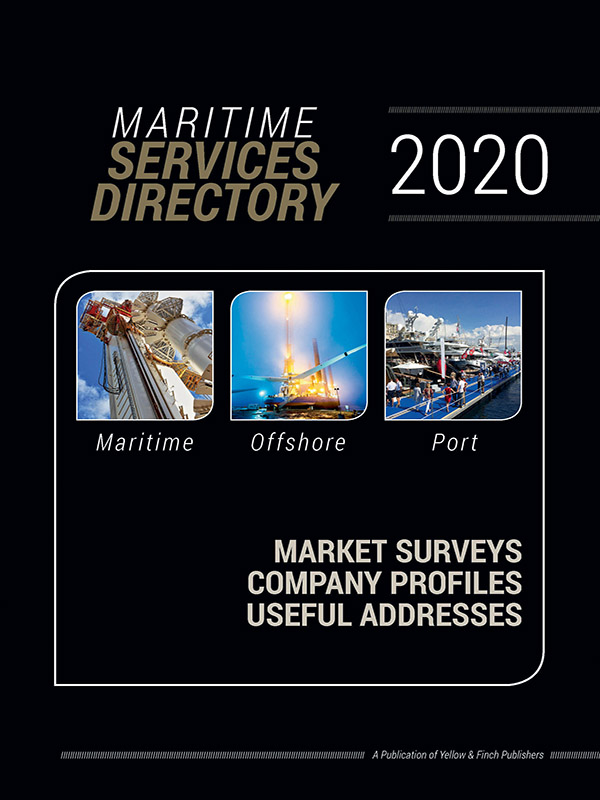DNV GL-led newbuild standardization JIP enters Phase 2
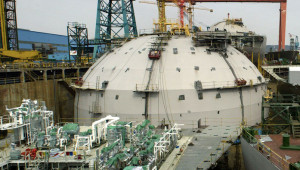 DNV GL initiated a Korea-based joint industry project (JIP) in 2015 that aims to develop common, globally accepted best practices for standardized offshore components and equipment in a recommended practice. At the first day of OTC, DNV GL said that the second phase is now under way to further develop these proposed standards, named Integrated Offshore Standard Specifications (IOSS), and to test their applications.
DNV GL initiated a Korea-based joint industry project (JIP) in 2015 that aims to develop common, globally accepted best practices for standardized offshore components and equipment in a recommended practice. At the first day of OTC, DNV GL said that the second phase is now under way to further develop these proposed standards, named Integrated Offshore Standard Specifications (IOSS), and to test their applications.
The organization said that the JIP’s first phase focused on the constructability viewpoint and addressed items for structures, piping, and E&I. DNV GL believes cost savings in the construction of oil and gas installations are delivered by addressing variations in owner, operator, and regulatory requirements during engineering and construction phases. It also established new proposed international standards for offshore oil and gas projects.
Phase two will extend the scope to include equipment packages, documentation requirements, and procedures. The IOSS will be developed with the aim to be applied and tested against upcoming offshore development projects.
“In the current climate of low oil prices it is often difficult to sanction projects,” says Peter Bjerager, executive vice president, DNV GL – Oil & Gas Region Americas. “These new standards will contribute to lowering the cost of projects and ensuring that work moves forward. This JIP represents a new approach to standardization and is truly a global effort in the oil and gas industry. Phase one provided promising results that if successfully applied will push forward projects that may otherwise be put on hold.” In all, Phase two of the JIP will include a about 15 global partners, of which the majority operates in the Americas. These partners include oil majors, fabricators, classifications societies, shipyards, and engineering companies.
A signing ceremony for the second phase of the project took place at OTC on May 4.
“Designers, yards, and suppliers work more efficiently when projects apply standards with which all players are experienced,” said Petter Ellingsen, Group Leader Offshore Risk Advisory – Korea, DNV GL – Oil & Gas. “Our ambition is to establish a standard for oil and gas projects that builds on a well-established approach for classification. Industry estimates for potential cost savings on construction of installations range well into double-figure percentages.”



